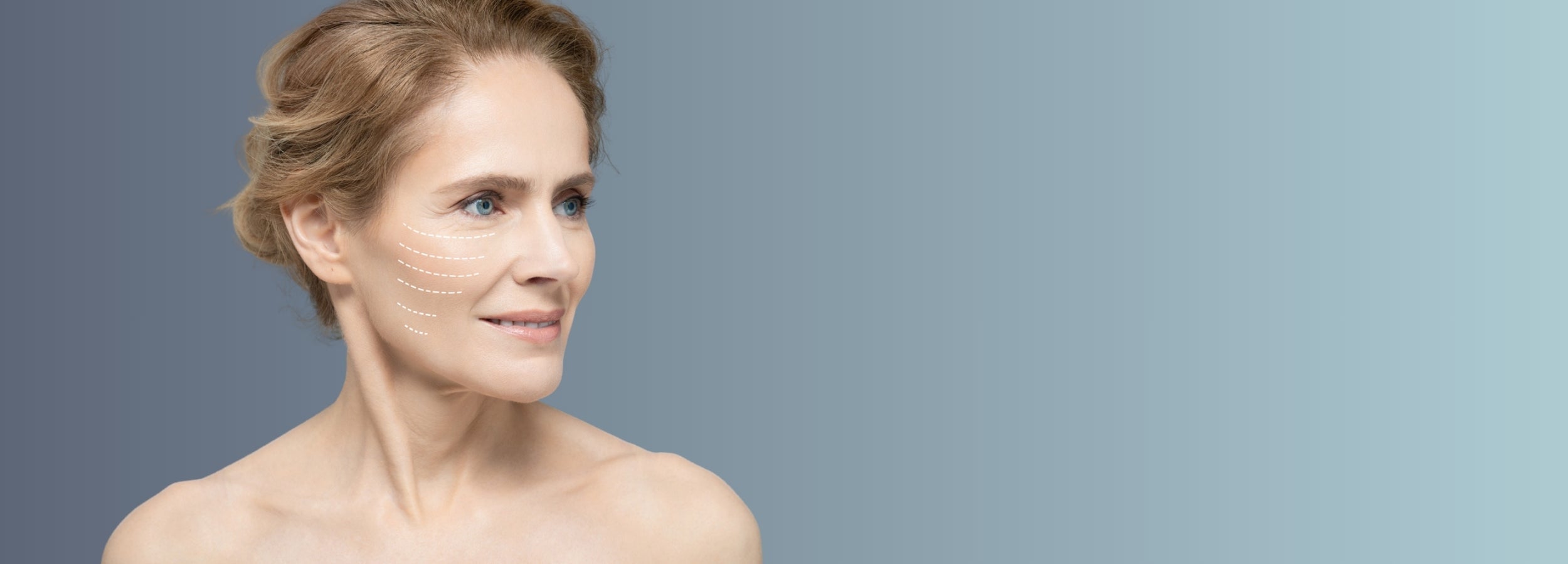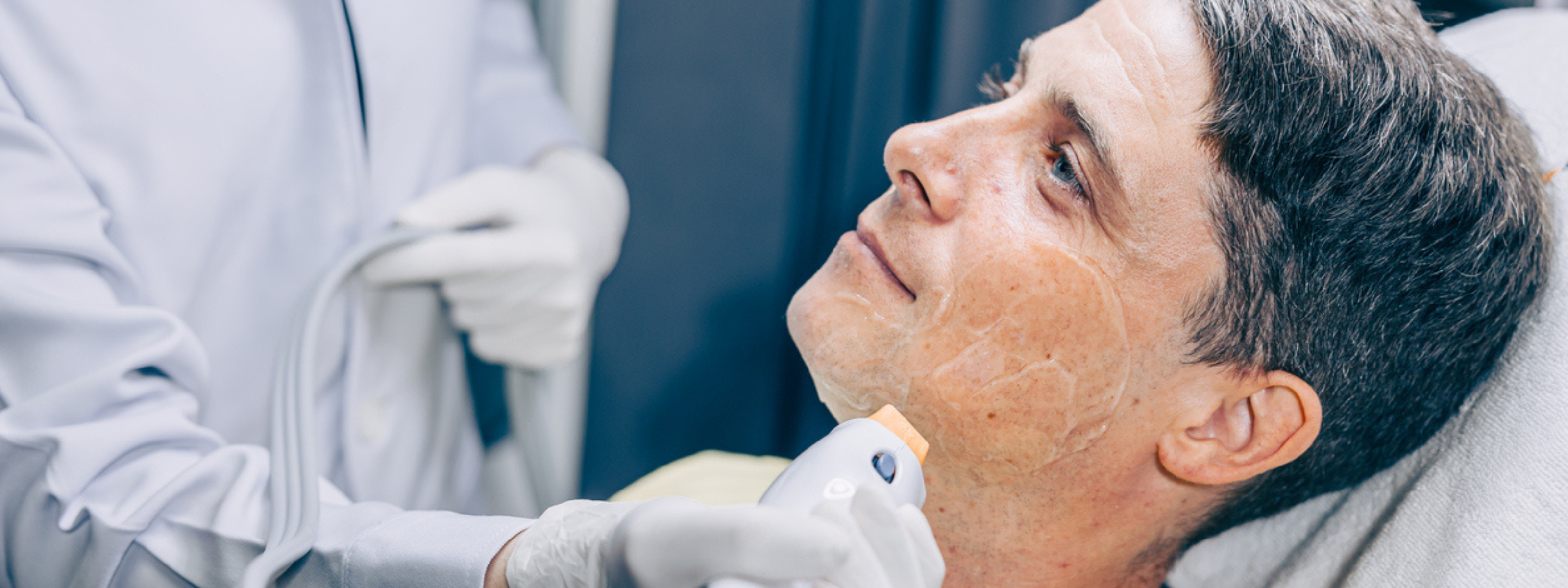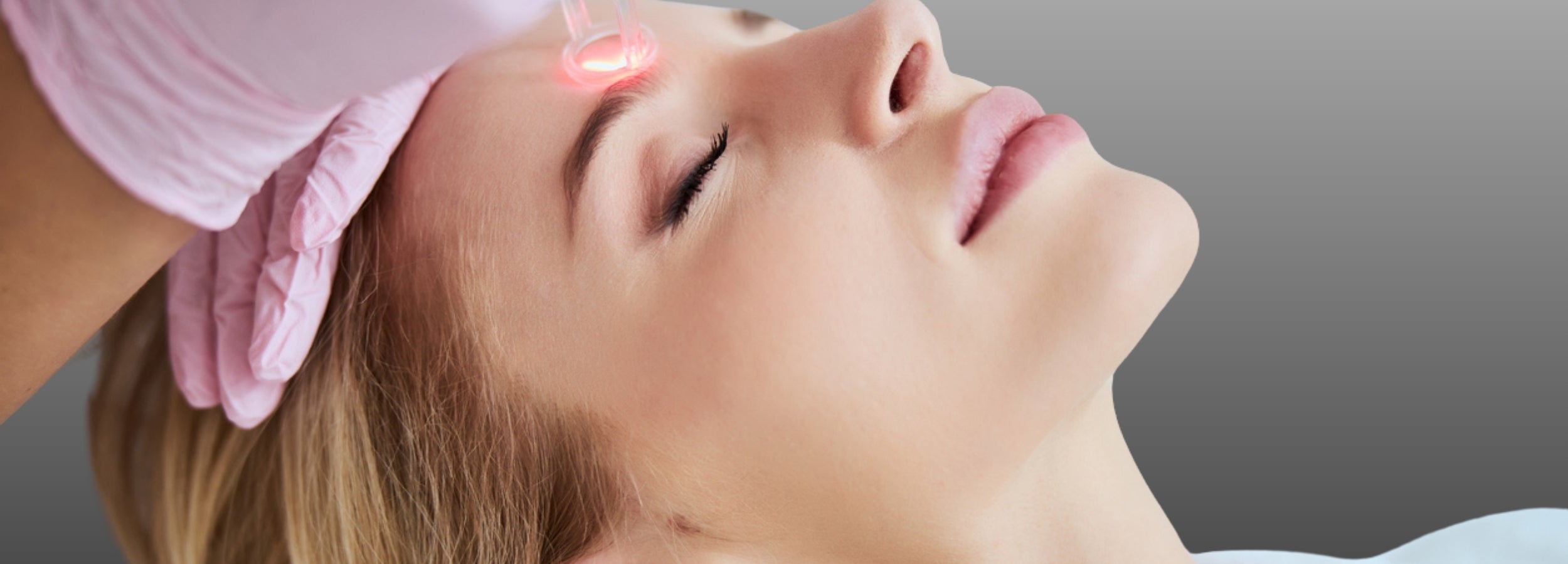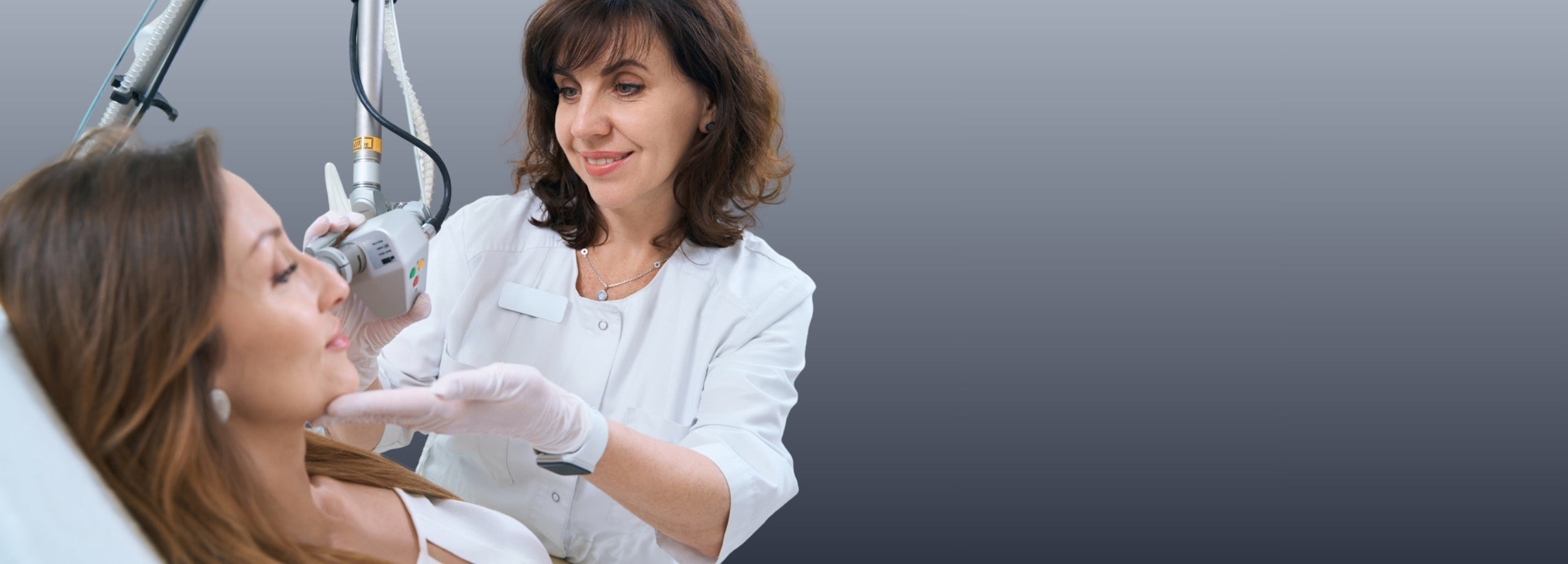Best facial treatment for aging skin
Summary
While growing older is something to embrace, it’s also completely natural to want your skin to reflect how vibrant and confident you feel on the inside.
Understanding the best facial treatment for aging skin empowers you to make informed, proactive decisions about your skincare. Whether you're navigating the pressures of a professional career, balancing motherhood, or simply carving out time for yourself, personalized facial treatments can offer a moment of restoration—and meaningful results.
In this guide, we’ll walk through some of the most effective anti-aging facials available today, explore how to tailor treatments to your skin’s unique needs, and highlight how to care for your skin through every stage of life.
Understanding Aging Skin: Why Does Our Skin Change?
As we age, our skin naturally evolves. These changes are influenced by a combination of genetics, lifestyle, hormonal shifts (particularly during menopause), and environmental factors like sun exposure and pollution.
Key structural proteins—collagen and elastin—gradually degrade, leading to a loss of firmness, elasticity, and that youthful bounce. Meanwhile, the skin’s natural ability to renew itself slows down, which can result in dullness and uneven texture.
Some of the main contributors to aging skin include:
- Genetics
- Hormonal changes
- Sun exposure
- Pollution
- Lifestyle habits like smoking or poor sleep
- Hydration levels
Hydrated skin is healthy skin. Chronic dehydration makes the skin appear more lined, tired, and aged. A consistent skincare routine—including proper moisturization—is key to preserving a radiant complexion.

Key Signs of Aging Skin and What They Mean
You may begin to notice certain changes in your skin that signal it's time for extra support. These might include:
- Fine lines and wrinkles, especially around the eyes and mouth
- Loss of firmness and sagging, particularly along the jawline
- Uneven skin tone or texture
- Dark spots or pigmentation caused by sun damage
These visible signs are simply markers of a life well-lived—but they also guide us in choosing treatments that restore balance, luminosity, and strength to the skin.
What Makes a Facial “Anti-Aging”?
Anti-aging facials go beyond relaxation—they are targeted, evidence-based treatments designed to support the skin’s natural functions, encourage renewal, and combat common signs of aging.
The best facials for aging skin typically include:
- Exfoliation to remove dead skin cells and improve texture
- Hydrating treatments to plump and smooth the skin
- Collagen-boosting ingredients to firm and lift
- Advanced techniques like LED therapy or microneedling to promote cellular repair
When performed regularly, these facials can significantly improve tone, texture, and overall skin vitality—offering visible results and long-term benefits.
Professional Anti-Aging Facial Treatments: What Works Best?
Professional treatments offer deeper, more targeted results than most at-home options. Here are some of the most effective anti-aging facials we recommend:
Chemical Peels
Chemical peels use carefully formulated solutions to exfoliate and resurface the skin, revealing brighter, smoother layers underneath.
Benefits:
- Refined texture
- Faded pigmentation
- Brighter, more even tone
Microdermabrasion & Dermabrasion
These exfoliating treatments help smooth fine lines, refine pores, and boost skin renewal.
- Microdermabrasion is gentle and non-invasive—perfect for early signs of aging
- Dermabrasion is more intensive and may be recommended for deep scarring or advanced concerns
Benefits:
- Improved texture
- Reduced fine lines
- Brighter, more even skin
Laser & Light-Based Therapies
Laser and LED therapies penetrate deeper into the skin to trigger collagen production and target issues like pigmentation and wrinkles.
Benefits:
- Stimulated collagen
- Smoother texture
- Even skin tone
Radiofrequency & Ultrasound Facials
These non-invasive technologies use controlled heat and sound waves to firm and tighten the skin from within.
Benefits:
- Skin lifting
- Improved elasticity
- No downtime
Microneedling (Collagen Induction Therapy)
Microneedling uses fine needles to create micro-injuries, which stimulate the body’s natural healing response and collagen production.
Benefits:
- Firmer skin
- Fewer fine lines
- Smoother texture
The Best Facial for Aging Skin: Tailored to You
There’s no one-size-fits-all when it comes to anti-aging skincare. The most effective treatment will always be the one that’s customised to your skin’s unique needs, goals, and lifestyle.
Things to consider when choosing your facial:
- Your skin type (dry, oily, sensitive, etc.)
- Your top concerns (wrinkles, pigmentation, sagging)
- Downtime and recovery
- Budget and frequency of treatments
Combining professional facials with a consistent at-home skincare routine offers the best of both worlds—visible improvements and long-term maintenance.
At-Home Anti-Aging Treatments: What’s Worth It?
While professional facials are powerful, at-home treatments play a key supporting role. They allow you to maintain your results between visits and take daily care into your own hands.
Effective options include:
- Retinol or peptide creams for fine lines
- Hydrating serums with hyaluronic acid
- Facial tools like gua sha or LED masks
- Regular exfoliation (1–2 times per week)
These treatments require consistency and patience. Think of them as daily investments in your skin's future. For best results, have a professional help you select the right products for your skin.
Powerful Ingredients in Anti-Aging Facials
When reviewing facial options or skincare products, look for these high-impact ingredients:
- Retinoids – Stimulate cell turnover and collagen
- Hyaluronic Acid – Attracts moisture and plumps the skin
- Vitamin C – Brightens, protects, and repairs
The right combination of ingredients can transform your skin—especially when guided by expert advice.
How to Choose the Best Anti-Wrinkle Facial for You
Choosing a facial starts with knowing your skin. Here’s how to begin:
- Assess your skin type – Oily, dry, combination, or sensitive
- Identify your top concerns – Wrinkles, tone, sagging, texture
- Talk to a professional – They can tailor a plan that’s just right for you
Every face is different—and every facial should be, too.
Lifestyle, Menopause & Skin: What Every Woman Should Know
Hormonal changes—particularly during perimenopause and menopause—can profoundly affect the skin. You may notice increased dryness, sensitivity, or a loss of elasticity.
Support your skin from the inside out with:
- A nutrient-rich diet (especially antioxidants and healthy fats)
- Hydration, both topical and internal
- Mindfulness and stress management
- Regular sleep and movement
At Merrion Medical Aesthetics, we offer treatments and guidance tailored to the unique skin challenges women face during midlife and beyond.
Building a Personalized Anti-Aging Skincare Routine
Here’s a simple, effective routine to support your skin’s vitality at home:
- Cleanse: Use a gentle, nourishing cleanser morning and night
- Treat: Apply antioxidant-rich serums (like Vitamin C) during the day
- Hydrate: Use a hyaluronic acid moisturizer to lock in moisture
- Repair: Apply retinol or peptides in the evening
- Protect: Never skip SPF—even on cloudy days
Add a weekly exfoliation and occasional mask for extra glow. The key is consistency—and adjusting your routine as your skin evolves.
Frequently Asked Questions
How often should I get an anti-aging facial?
Every 4–6 weeks is ideal for maintaining healthy, youthful skin.
Can I combine treatments like microneedling and LED therapy?
Absolutely—but always consult with a skincare expert to create a safe, effective treatment plan.
Are there side effects to anti-aging facials?
Some treatments may cause temporary redness or sensitivity. Your provider will guide you on what to expect and how to care for your skin post-treatment.
How long will results last?
Results vary by treatment and individual, but regular maintenance helps extend benefits over time.
What should I ask my aesthetician?
Ask about their experience, recommended treatments for your concerns, and how to maintain results at home.







